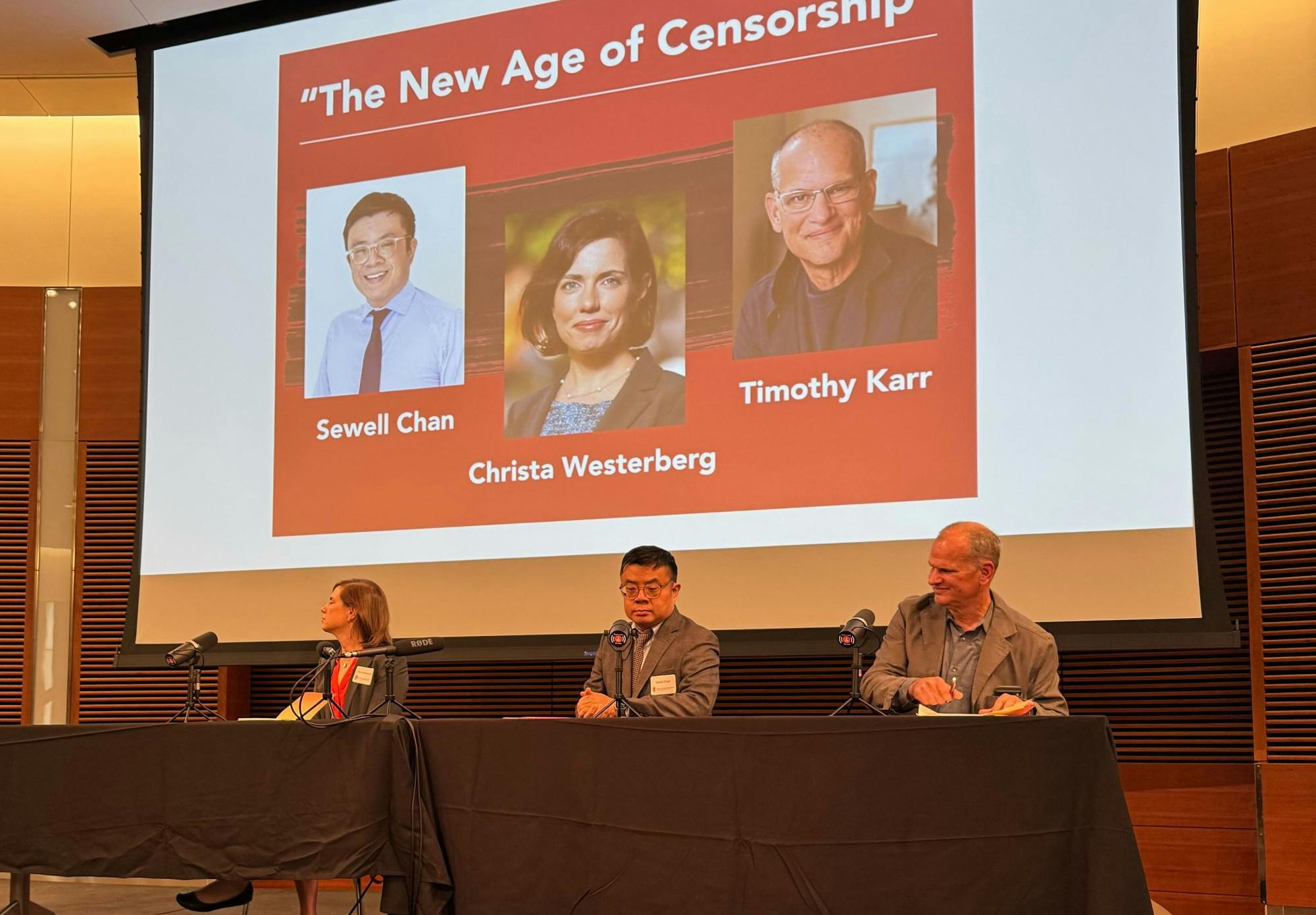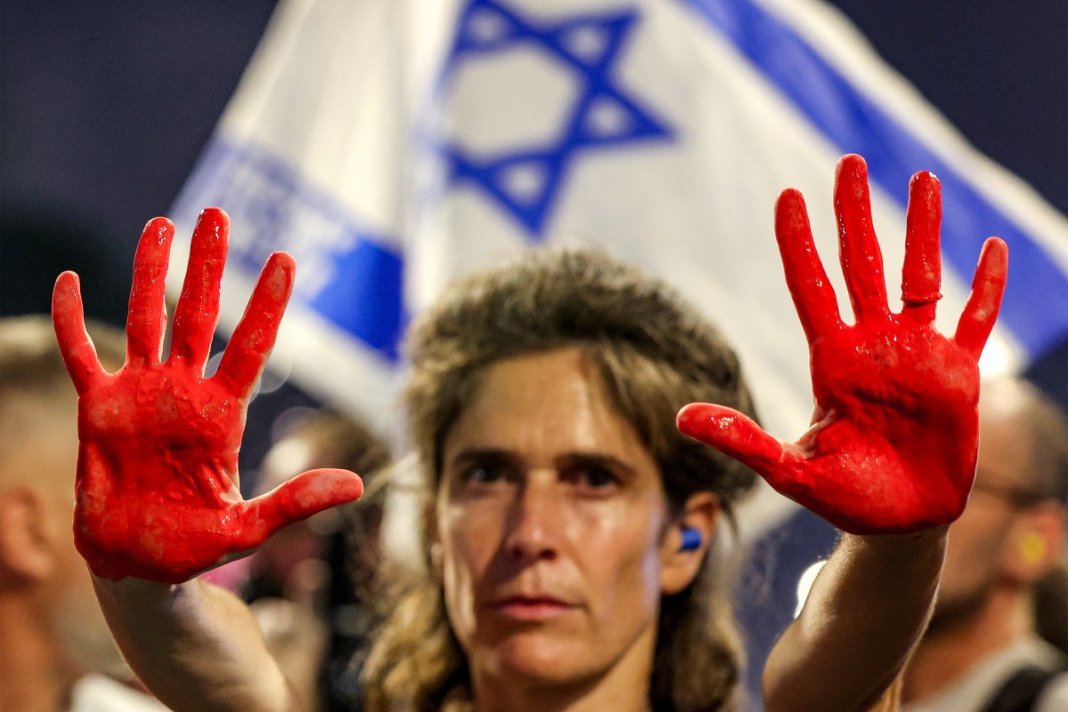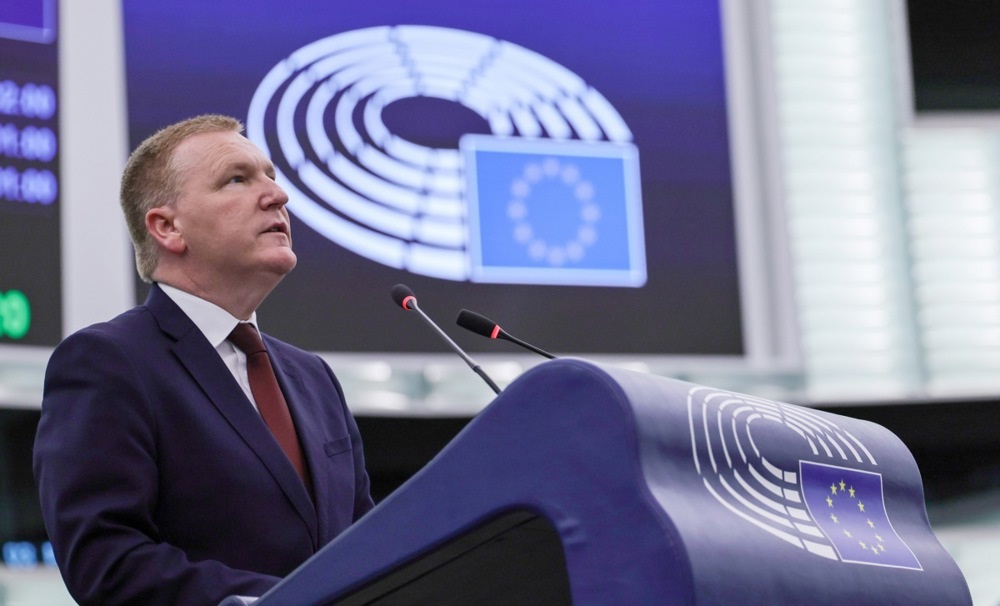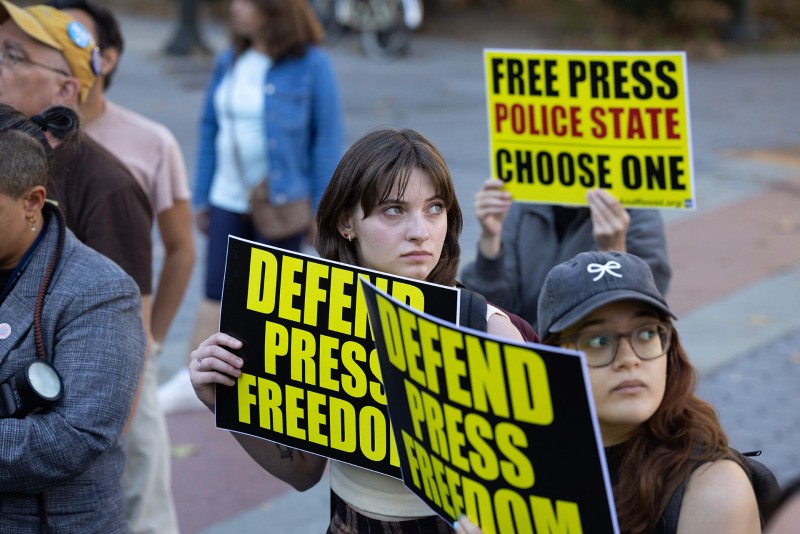
Experts Confront Modern Censorship at Journalism Ethics Conference
September 30, 2025
Journalists in Gaza Struggle to Report Amid Deadly Strike on Nasser Hospital
September 30, 2025September 30, 2025 – General –
A coalition of seventeen international press freedom and journalist organizations has launched a coordinated campaign urging European governments to take decisive action in response to the unprecedented killing of journalists in Gaza. In open letters sent on September 30, 2025, to the leaders of Germany, Italy, and the Czech Republic, the groups demanded that the European Union suspend its Association Agreement with Israel, arguing that the scale of violence against the press has reached intolerable levels.
The organizations—including ARTICLE 19, Reporters Without Borders (RSF), the Committee to Protect Journalists (CPJ), Index on Censorship, and the International Press Institute (IPI)—accuse Israeli forces of systematically targeting Palestinian journalists, destroying media infrastructure, and restricting independent international reporting from the Gaza Strip. They describe this campaign as “the deadliest and most deliberate effort to kill and silence journalists ever documented.”
The letters also highlight the pivotal role Palestinian journalists have played in shaping international understanding of the conflict. Their reporting, photographs, and testimony have been vital in revealing the human cost of Israel’s military operations. According to the signatories, this work has influenced public opinion across Europe and exposed realities that might otherwise have remained hidden.
Mounting domestic pressure has also fueled the campaign. In Italy, journalists have staged protests demanding stronger protections for colleagues in Gaza, while in the Czech Republic, 262 media professionals signed an open letter backing the call for action. Similar appeals have been echoed in Germany, where press unions have warned that silence would signal complicity.
Beyond suspending the trade deal, the coalition is pressing the EU to establish humanitarian corridors for journalists, allow the entry of foreign correspondents into Gaza, and ensure credible international investigations into every attack on media workers. They argue that failure to act risks undermining Europe’s credibility as a defender of human rights and democratic principles.
The EU-Israel Association Agreement, signed in 2000, links bilateral relations to respect for fundamental rights. By invoking Article 2 of the treaty, the campaigners contend that the EU has both a legal and moral obligation to act. Their message is clear: protecting journalists in Gaza is not optional—it is a test of Europe’s commitment to press freedom and justice.
Reference –




